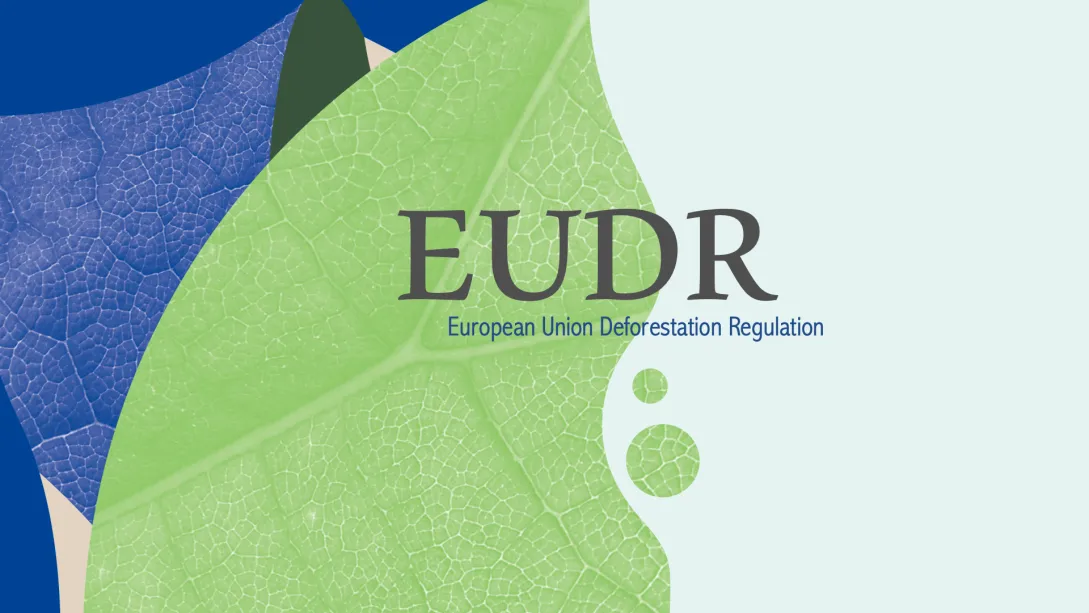Ultimate guide to EUDR
Background and rolling updates on the *DELAYED* European Deforestation Regulation (EUDR) with expert comments and analysis

Background and rolling updates on the *DELAYED* European Deforestation Regulation (EUDR) with expert comments and analysis